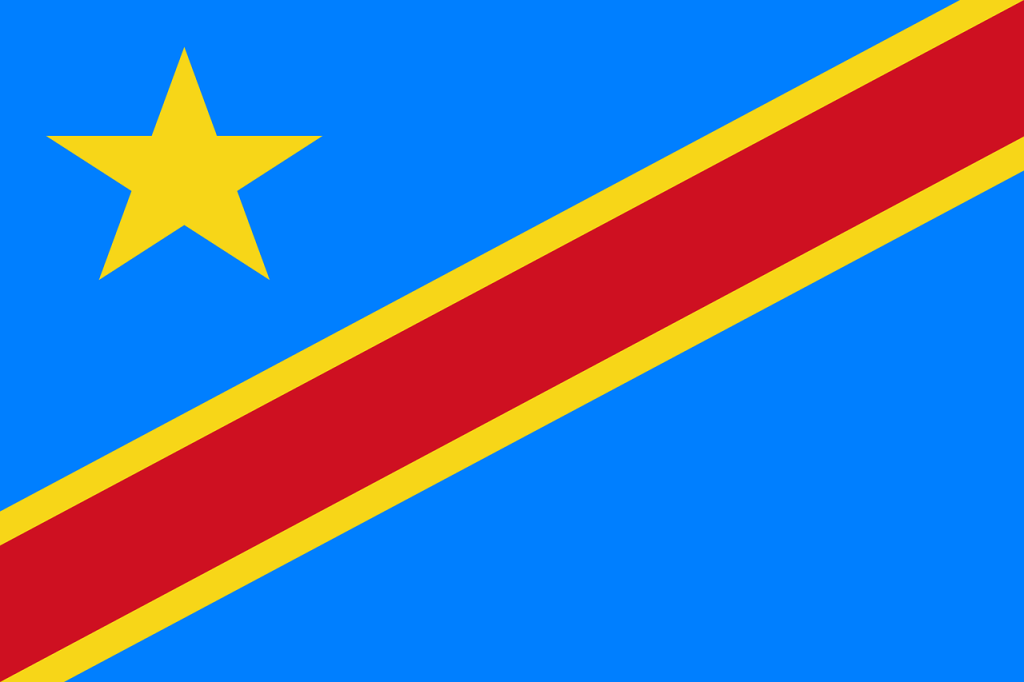
The rise of COVID-19 in 2020 saw a revival of attention paid to healthcare, global health, and cases of emergency medicine that the pandemic pressured.
Amidst this global rise, attention on the resurgence of EVD (Ebola Virus Disease) and the strain COVID-19 placed upon this outbreak has not yet gained this level of traction, which is likely because of the current disparity in scale between the two viruses.
But what now needs to be noted are the possible implications of a dual-virus presence in areas affected in the Dominican Republic of Congo (DRC), and a need to research how virus management will be maintained.
What COVID-19 has brought to light within public and political debate is the policy emphasis on military preparedness, preserving security against the threat of war or attack, and whether attitudes should be likened to medical preparedness, to preserve human security.
It is this lense of thought that can provide some insight into the situation regarding EVD in the DRC and its maintenance management.
Currently the DRC is witnessing its eleventh outbreak of EVD, now affecting the Équateur Province, where this resurgence was declared by the Ministry of Health on Sunday 7 February 2021. The provincial Health Minister Eugene Nzanzu Salita stated after the third case in a week where a woman contracted the virus, that meetings were in place ‘to gather all the information on the investigations done around this case’.
This was followed by 1,200 doses of Ebola vaccine and cold chain equipment arriving in Butembo on 12 February.
The expanding EVD take-over has been monitored since the tenth outbreak in 2018, in the North Kivu, South Kivu and Ituri Provinces. With this the largest ever outbreak reported in the country and the world’s second largest in history, it was declared a Public Health Emergency of International Concern from 17 July 2019 till 26 June 2020. This could be proven too early to retract international attention.
Currently, the World Health Organization (WHO), UNICEF, and Medecins sans Frontieres, are all working together to:
‘provide care and treatment to patients; trace people that have been in contact with infected people; inform and work with communities on prevention measures; deliver water, sanitation and hygiene to prevent the spread of the disease; and provide psychosocial care to infected people and their families, etc’.
In September 2020 the WHO drew attention to the outbreak declaring that ‘the number of cases continues to increase and the geographic spread of the outbreak continues to expand’ – demonstrated through the provincial movement stated above. To determine the scale of the spread, WHO statistics as of 1 September 2020 explained that:
‘110 cases (104 confirmed and six probable) including 47 deaths (case fatality ratio 43%) [had] been reported from 36 health areas in 11 health zones…. 12 August – 1 September 2020, 24 confirmed cases have been reported in 15 health areas across eight health zones’.
However, current challenges are faced in light of ongoing strikes among locally-based response teams, the persistent COVID-19 era, logistically challenging areas requiring boat or helicopter access to affected regions and limited telecommunications capacity, and crucially, a lack of funding.
The WHO has clearly expressed that a lack of funding has constrained their own, and their partners’ abilities to respond effectively, consequently restricting human resources and equipment provisions,and that ‘adequate EVD funding’ has not been received since the start of 2020.
This is only further highlighted by the continuation of COVID-19 which is pertinent to fears of further EVD outbreak and containment, that would be impinged by the ongoing ‘burden’ of Coronavirus – nationally and internationally.
To provide support to the DRC, the WHO at the moment is relying on its use of ‘emergency’ funds to ‘support epidemiological and public health interventions’. Priorities involve:
‘strengthening surveillance and contact tracing, enhancing laboratory capacity, implementing adequate clinical management of suspect and confirmed cases, continuing ring vaccination around confirmed cases, vaccinating frontline workers, providing safe and dignified burials, supporting infection prevention and control in health facilities, and engaging with affected communities’.
It is this financial pressure between pandemic funding internationally and EVD outbreak funding in the DRC specifically that emphasises the lack of preventative measures in the form of health interventions and medical care more widely.
With vaccination programmes now globally underway, it is important that a potential future dulling of the pandemic should not detract from this debate of a need to further prioritise human security, but also to look towards possible re-internationalisation of efforts given to the DRC in the face of the heightened threat of increasing outbreaks of EVD.
